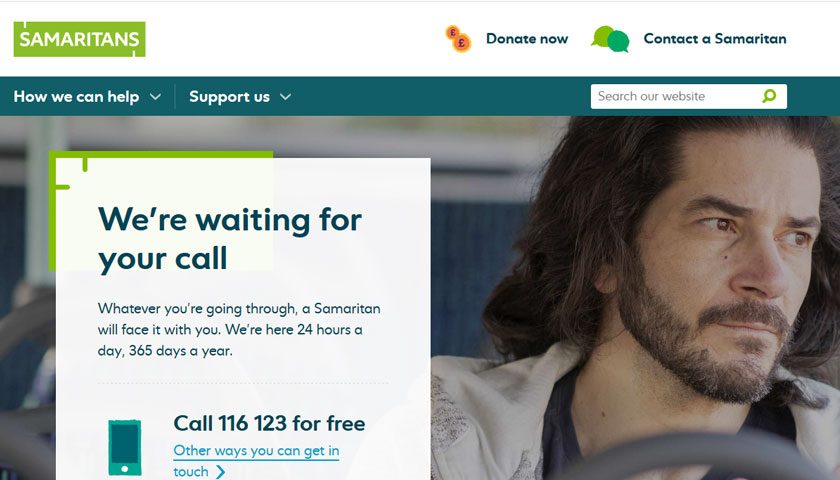RESTANCE, Inc. today announced an online presentation detailing the company’s global brand name partnership strategy for implementing highly profitable, socially responsible development projects in Africa. The presentation explains how its contract to manufacture condoms in Africa under the Playboy brand name, starting first in Kenya, is a model for an expanded pipeline of development projects in Africa.
RESTANCE recently announced a contract to manufacture condoms with the Playboy brand name and bunny head logo for distribution starting in Kenya. RESTANCE is participating in the highly profitable and socially responsible enterprise designed to contribute to the United Nations goal of ending the AIDS Epidemic. The profitability offers a sustainable solution to implement a socially responsible program that can solve real problems facing the global community. RESTANCE will manufacture condoms for the #DoIt4Africa buy-one-give-one campaign where an anticipated $20 million in condoms will be sold in North American and for every condom sold, a condom will be manufactured in Africa and given away in Africa.
The presentation on the company’s website with the presentation narrative included in its entirety below, details plans for other globally recognized brand name partnerships RESTANCE plans to bring to additional highly profitable, socially responsible projects in Africa.
Marrying Globally Recognized Brand Names With Socially Responsible Enterprises:
RESTANCE recently introduced a new business in Africa that will be manufacturing condoms. Per capita condom use in Africa is one of the highest in the world, yet next to no condoms are manufactured in Africa. What a great business opportunity, right? Typical reactions to business opportunities in Africa range from, “but the political corruption is so high,” to “the per capita income is so low that the consumer market is not viable.” First, let’s take pause here in the United States to ask ourselves if we’re in any position to judge any other country’s political corruption. Then, let’s move on to how highly profitable results can be achieved delivering goods and services in a low per capita income market.
Socially Responsible Is Just A Good Business Practice
One might call the strategy to succeeding in a low per capita income market “socially responsible.” We certainly don’t mind the good feeling we get from building socially responsible businesses, but the truth is that it’s just good business. Africa already has a high per capita consumption of condoms and we’re going to serve that existing consumption rate with a locally sourced and therefore, more competitively priced condoms – not to mention higher quality condoms. We’re fighting disease and that’s socially responsible, but it’s just good business to deliver a better product to an existing market. We’re creating jobs which is sonically responsible, and at the same time, we’re contributing to an increase in per capita income which serves us in the long-run by improving the corresponding per capita spending potential on consumer products. Social responsibility is just good business.
In a low per capita income market, an obvious question arises. How can per capita consumption of anything be one of the highest in the world when per capita spending potential is low? Simple answer, the majority of condoms in Africa are given away. Organizations such as the United Nations, purchase the condoms and give them away. Certainly, locally sourced condoms will be better priced than those shipped in from overseas, and RESTANCE will be in a good position to displace current condom producers selling through charitable organizations. However, tapping directly into a consumer market without going through a third party to facilitate a consumer transaction would be much more efficient and profitable.
Tapping Into The Power Of Globally Recognized Brands
Disney is one of the most, if not actually the most globally recognized brand in the world. Wear a Mickey Mouse watch anywhere in the world – Nigeria, Nepal, North Dakota or the Netherlands – and everyone you meet will know it’s a Disney product and not just some random animated mouse. Disney’s success selling to consumers in markets where consumers have the disposable income to afford Disney products fuels demand for Disney products in markets where consumers can’t afford Disney products. Wouldn’t it be nice to tap into the profit potential of a global brand like Disney in a market were the brand is not yet generating revenue?
RESTANCE is introducing the Playboy brand in Africa. In a strategy to optimize the consumer condom market opportunity for condoms, RESTANCE will produce condoms with a globally recognized brand. In addition to having locally and more efficiently produced condoms, RESTANCE will also have a globally recognized brand on the condoms. But this still doesn’t overcome the low per capita buying power.
Linking Microeconomic Opportunity
Economists often discuss the macroeconomic linking of overall national economies. A depression in one major economy does not bode well for the major economies with which the depressed nation trades. If OPEC increases the price of its oil, gas prices at the pump go up everywhere in the world. Economists mostly overlook the microeconomic linking between one geographic region and another . How can demand and sales of Mickey Mouse watches in the United States impact demand and sales of Mickey Mouse watches in Uganda? RESTANCE intends to implement global brand strategies that link microeconomic opportunities between developed and developing economic regions.
The #DoIt4Africa campaign where condoms are marketed in the United States in a socially responsible campaign that includes another condom being manufactured in Africa and given away in Africa links the developed microeconomic enterprise of selling condoms in a developed economic region to the distribution of condoms in a developing economic region. Bringing a globally recognized brand like Playboy into the mix provides the conduit between the two economies that can make the linked enterprises successful. By incentivizing purchases in the United States with not just the socially responsible aspect of making a purchase that makes a difference, but adding to the socially responsible incentive, the benefit of all the Playboy brand has to offer – like a Playboy Pajama Party at the State University, or a trip to the Playboy Mansion – now you really have a formula that can seize the yet to harvested consumer market in the developing economic regions of the world.
Beyond Condoms
On June 1, 2017, RESTANCE acquired East African Development Partners LLC. Randy Torno is the founder of East African Development Partners and now the CEO of RESTANCE. He has years of experience living and working in several regions in Africa on both government and commercial projects. Mr. Torno has earned a PhD in Public Policy and Political Economics at the University of Texas. East African Development Partners and now, RESTANCE are developing opportunities in the region including initiatives in technology and systems integration services, utility support services, affordable housing and health products manufacturing. Expect to see more global brand partnerships from RESTANCE in conjunction with additional development projects in East Africa.
Links
https://finance.yahoo.com/news/restance-announces-contract-manufacture-playboy-130000545.html
http://www.imf.org/external/pubs/ft/fandd/basics/bigsmall.htm



